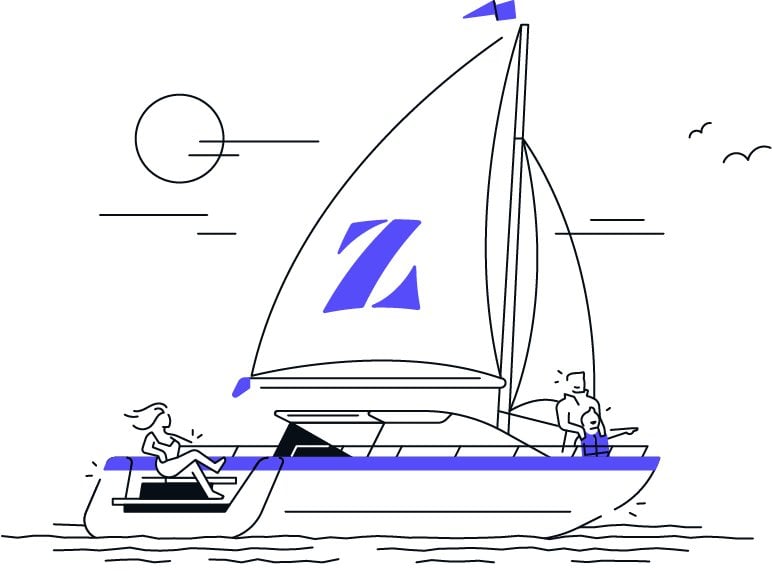You can picture it: You and your friends out on the lake, soaking in the sun on your very own boat. Owning a boat can be a rewarding experience, especially during the summer season. Boating allows you to bond with your loved ones, explore the open waters and partake in different water sports. However, before investing in a new or used boat, you need to know some essential things about boat buying and ownership.
In this beginner's guide, we have created a list of the top nine things you need to know before buying a boat. By understanding these factors, you'll be able to make an informed purchasing decision and ensure that you're prepared for all that comes with it.



